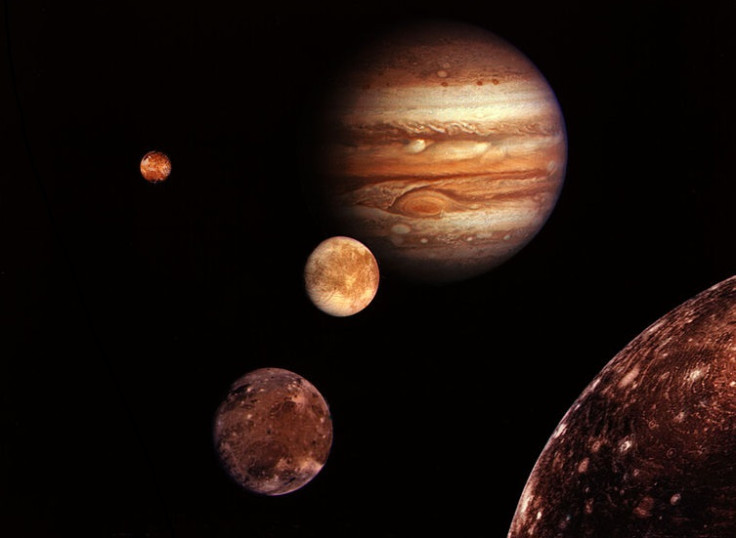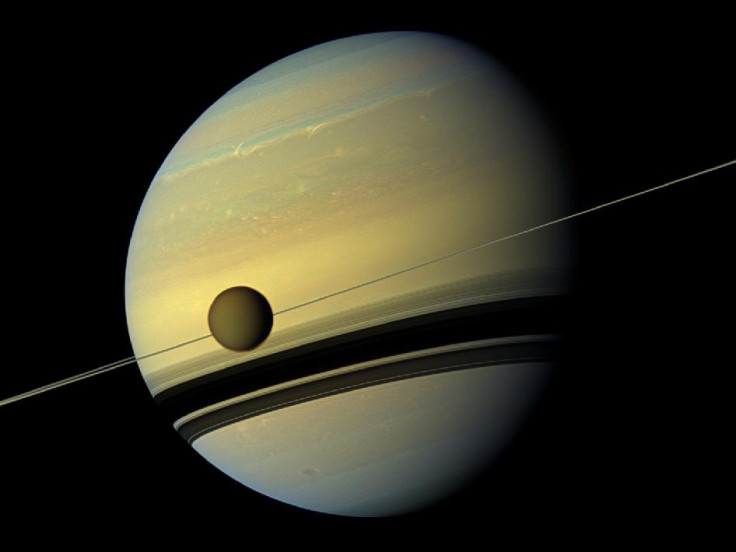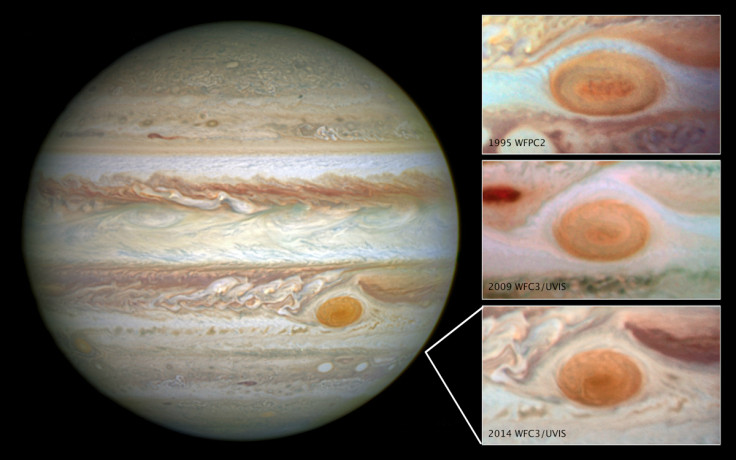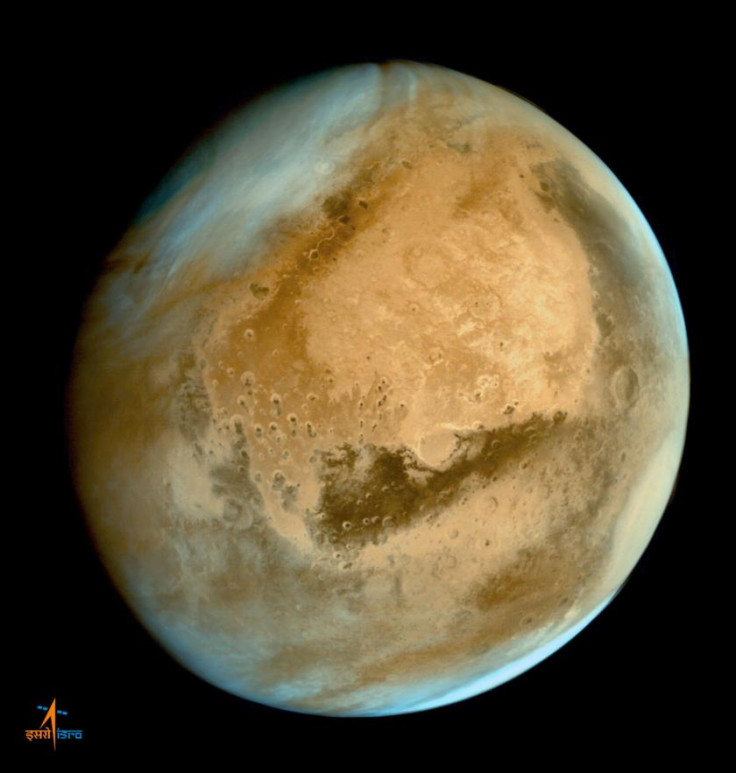World Space Week 2014: Unusual Facts About The Solar System

World Space Week is taking place from 4-10 October, to celebrate space exploration and its contributions to space science and technology.
Over 620 events are happening all over the world, from hunting for exoplanets to an astronaut training school for kids. Please go to the event's website here, for more information and details of events near you.
In celebration of this event, IBTimes UK is revealing nine unusual facts about our solar system.
1. Earth is Special
Earth's atmosphere is completely unique and the only one in our solar system able to support life. There is no other planet which has breathable oxygen in its air and oceans on its surface.
2. A Small Amount of Sun Will Kill You
Just a pin-head amount of the sun's raw material could kill a person from 160 kilometres away.
3. Jupiter Once Saved Earth

Lexell's Comet was a comet discovered in 1770 by Charles Messier, which appeared to be travelling towards Earth. However, due to the huge gravitational pull that Jupiter has, the comet was sucked into the planet's atmosphere and never seen again.
4. Saturn Floats

Saturn's is only an eight of the density of Earth and 95 times bigger. Despite its huge size, the planet primarily consists of hydrogen and if it was placed into water it would float.
5. The Wild Winds of Neptune
The jet stream winds on Neptune can sometimes reach over 1,500 miles an hour. It is a mystery to astronomers how the planet gets the energy to be able to build up to such speeds, as it is the furthest one away from the sun in our solar system and has a very low internal heat.
6. Your Spine Stretches in Space
As there is less gravitational pull in space than there is on the Earth, a person's spine will lengthen and effectively make them around two inches taller.
7. Jupiter's Red Spot

There is a red spot visible on Jupiter's surface, known as the Great Red Spot, an anti-cyclonic storm that has been going on for about 300 to 400 years. It is around three times the width of earth and will sometimes changes colour or fade completely from view.
8. In Space, No One Can Hear You Scream (or Snore)
As there is no air in space to carry the sound of your voice, even if someone was right next to you, they would never hear you scream.
When it comes to snoring, the weightlessness of space means it is impossible to do so, and also due to the zero gravity, tears cannot flow, so astronauts cannot cry.
9. Mars's Mountains

The rocky surface of Mars is covered in mountains and valleys, and the planet has both the tallest mountain and the deepest valley in all of the solar system.
Olympus Mons is three times the height of Mount Everest (above sea level) at around 17 miles (27 kilometres) high.
Valles Marineris is around five to six miles deep and is 2,500 miles long, which is about the width of Australia.
© Copyright IBTimes 2025. All rights reserved.





















